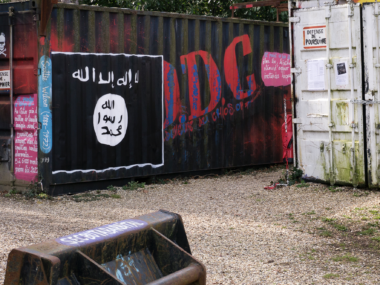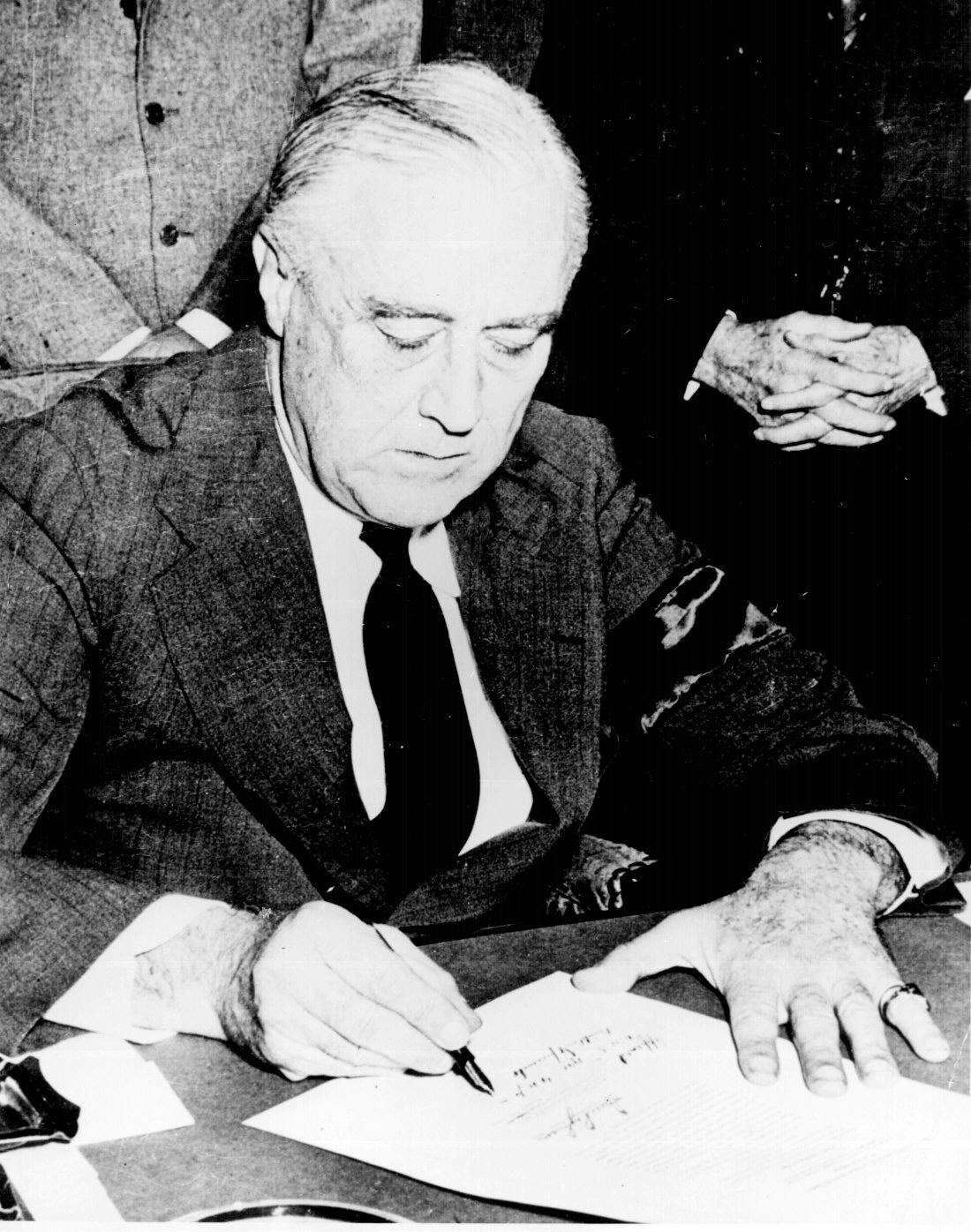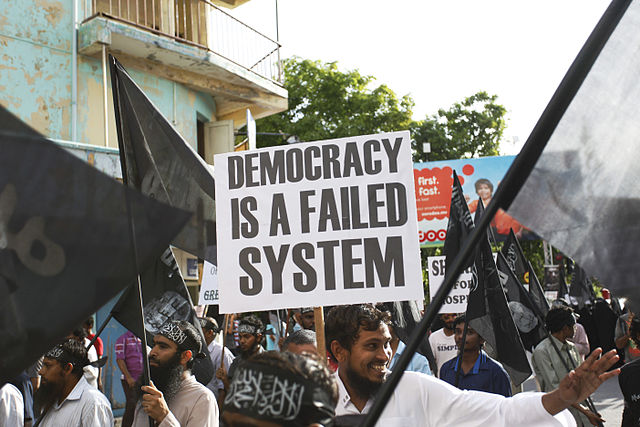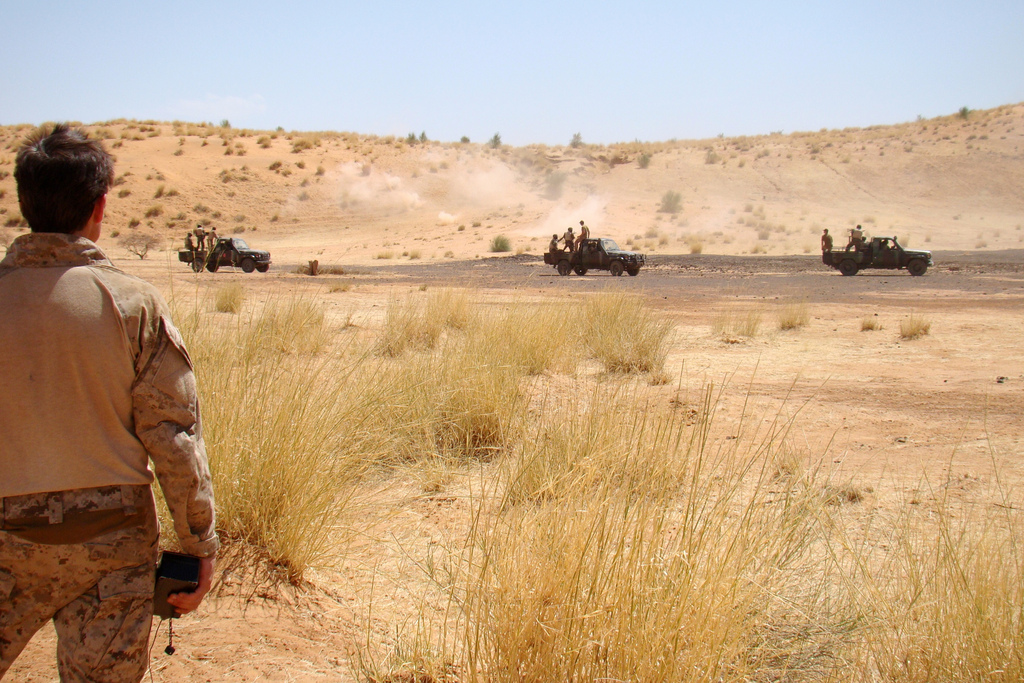In her book, Terror in the Name of God: Why Religious Militants Kill, Jessica Stern interviews a jihadist studying at a madrassah in Lahore, Pakistan. Stern asked him what the biggest threat is to their group’s survival. His response? “Free secular education for all.”
This simple sentence is the answer to last week’s puzzler.
Recall the puzzle:
What benefit could any organization, especially one that eventually hopes to lead the Pakistani population, gain from killing a young girl? And why would any organization ever publicly take credit for the shooting, especially after observing the ensuing worldwide outrage?
Malala Yousafzai’s demand for a real education is the key to answering this question. An increase in the literacy rate — especially among women — is the fastest and easiest way to undermine jihadi groups in Pakistan, and the Taliban knows it. Right now, the Taliban is able to spread its brand of extremism in part by offering free education (and often free housing and food) to many of Pakistan’s poorest families. The deal is this: you give us your sons to house and feed, and we get a ready group of future jihadists to indoctrinate.
So why did the Pakistani Taliban try to kill Malala Yousafzai? They tried to kill her because Malala was publicly preaching the one demand that would most successfully undercut their means of recruitment: free secular education for all. If poor families have an alternative to the madrassas, and the mothers of those sons have a basic education, they are far more likely to send their sons and daughters to schools that teach real skills than to the madrassas that do not. Malala’s message threatens the Taliban’s lifeline.
But the question still remains: why take credit for shooting, given the universal outcry? Two reasons. First, the Taliban want to advertise to Pakistanis that demands for educational reform will not be tolerated. As commenter Matthew Cunningham pointed out, the Taliban’s audience is the local population, not Western countries. They need to take credit for the attack if they hope to intimidate the population into submission. Killing anyone who challenges this status quo is simply a way to silence dissent and deter additional protests.
Second, the Taliban took credit because they knew that they were unlikely to be punished. Western countries may have been outraged and publicly condemned the attack, but none of them would ever seriously consider intervening to try to stop further attacks. The Taliban knows quite well that a US military intervention (in fact any military intervention) in the Swat region is inconceivable at this time, and thus they can act as they please.
So a little girl is targeted not because she is especially important, but because her demands for educational reform strike at the very heart of the Taliban’s recruitment mechanism, and they brazenly take credit for it, because no one, including her own government, is willing to stop them.






